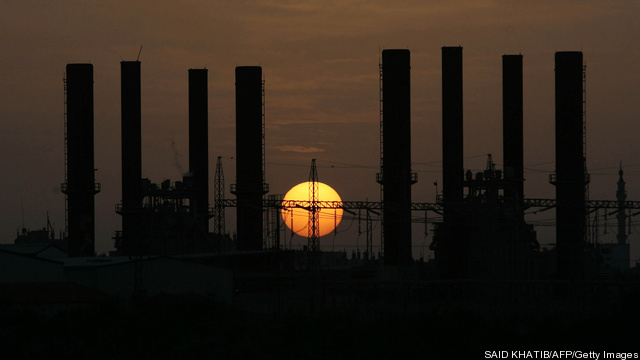
For many decades the benefits of oil and gas development in the US have been overshadowed by the amount of money companies in the sector have made, the environmental impacts of use or development and occasional accidents and the degree to which imports impact US foreign policy and economic health.
The extent to which the US oil and gas business drives job growth, contributes to local and the national economies and has renewed potential to shift economic and political power back to the US were the focus of the American Petroleum Institute’s State of American Energy presentation in Washington, DC today. API has sought ways to boost the reputation of the oil and gas industry in recent years after the industry faced unprecedented opposition to new development both on-and-offshore as new technology allowed access to onshore reserves and offshore development revived. Keep reading →
 Shell spent billions of dollars and significant political capital to obtain the licenses and approvals required to
Shell spent billions of dollars and significant political capital to obtain the licenses and approvals required to 







Energy Sector Disruption: Three Political Lessons from 2012
By Peter GardettWorking in the energy sector is an inherently political activity. I once sat opposite a friend of a friend at lunch, and when she found out that I covered the energy business and then quizzed me on the industry’s practices, asked if I found people often wanted to hit me. I don’t find that, but the way a modern economy depends on the energy business means that everyone – along the entire spectrum of beliefs – also has opinions about its politics in ways that don’t necessarily reflect a subtle, shifting, complex reality.
Over the course of 2012, we’ve been focusing on the issues at play in energy politics, and have gathered them together in a special hub that can be found on Breaking Energy here. Keep reading →